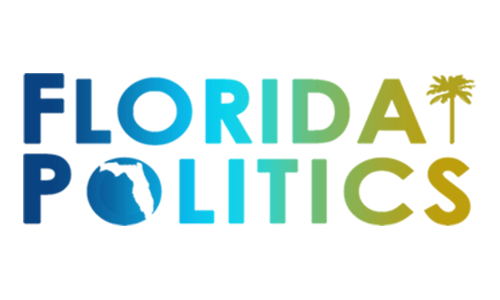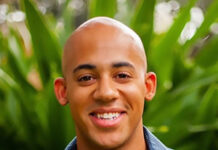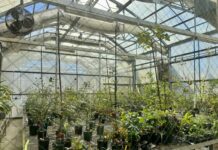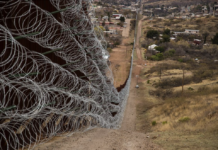
By Emma Hamrick
As the countdown to the 2016 presidential election enters its final 50 days, Americans prepare to make their final decision by monitoring the news more frequently, ensuring that they are registered to vote at their local precinct and submitting last minute absentee ballot requests. At Florida Southern College, students interested in learning more about the election from an insider’s perspective gathered on Sept. 8 as part of the Florida Lecture Series.
Dr. Susan MacManus, a distinguished professor of public administration and political science at the University of South Florida, presented her “Florida 2016!” lecture in the Branscomb Auditorium. MacManus’ lecture largely focused on the importance of Florida as a swing state in the upcoming national election and demonstrated the importance of surveys and data collection.
MacManus offered insight regarding the election from an expert’s perspective. A popular figure in cable broadcasts and news organization interviews, MacManus is the State of Florida’s most-quoted political scientist. In addition, she has penned 10 books, including a textbook titled Florida in Politics.
“I hope students learned about good observation and empirical data,” FSC Associate Professor of Political Science and Pre-Law Advisor Dr. Bruce Anderson said of longtime friend MacManus’ lecture. “The first and most important lesson was on Florida and the demographic change of the past 20 years. It is really important that the students understand that change and the role of millennials in that change.”
While the lecture provided insight on the importance of Florida as a whole in this year’s election, Anderson stressed the importance of the millennial voters in Florida specifically.
“Millennials are important to the populus and typically, historically, don’t vote,” Anderson said. “The Millennial population is small compared to the others voting.”
Anderson advised potential voters that those that want to feel an impact with their vote can switch their polling location to Florida.
“If you really want to see an effect from your vote, you can change switch without a whole lot of pain. People have until Oct. 11 to register [to vote] here in Lakeland,” Anderson said.
Anderson cited increasingly liberal states such as Colorado and historically conservative states like Alabama as examples of places that voters in opposition of the majority should consider voting outside of to make a greater impact in the national election.
While the general American population will take an active role in politics in November, FSC political science students have been hard at work supporting campaigns of all sizes through internships this semester. According to Anderson, approximately 48 students are currently working on political campaigns ranging from lining up the local school board election to helping the Republican or Democratic National Committees alongside the Trump and Clinton camps.
The high participation of FSC students largely stems from the first campaign fair hosted on campus recently. The fair saw 40 campaigns and 50 students in attendance and helped place numerous students on campaigns in internships for academic credit.
“Our students are in high demand. Local campaigns depend on our students as volunteers,” Anderson said. “We are proud of the level of involvement of our students. They are well-trained and smart and highly sought after.”
While students looking to volunteer with a campaign may reach out to the campaign directly, Anderson encourages students to connect with him to arrange internships and earn academic credit.
Students interested in voting in the national election should ensure that they are registered to and request absentee ballots if necessary. For more specific information, visit a respective state’s website.







